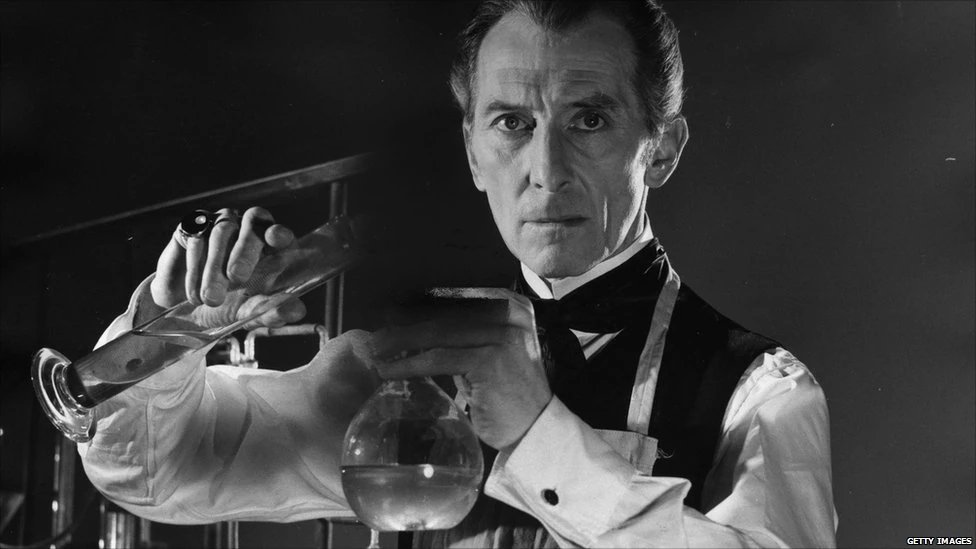
In Achebe's Things Fall Apart, Okonkwo is considered a strong and respectable man among all the tribes; however, he started from the bottom. Okonkwo's father was as lazy as can be and owed money to multiple people, so Okonkwo became determined to work as hard as possible and devote his life to the Ibo culture. In the end he became the very antithesis of his father. As I read this, I recognized this same pattern in many other stories. Out of my own curiosity, I began to ponder on the many stories with a similar plot of a protagonist's rise from the bottom. I came to the conclusion that DC's Captain America and Ant-Man were very similar to Okonkwo's journey to the top. Steve Rogers (Captain America) was a scrawny boy with many physical problems, but he was determined to fight for his country. He was continuously denied from the military, but that didn't phase him. In the end, his determination was recognized by a scientist who made him into the respected man he is today. Similarly, Scott Lang (Ant-Man) is a convicted criminal who is trying to find his way in the world. All he really wants to do is be there for his daughter. However, his ex-wife and her new boyfriend keep forcing him out of her life. Scott keeps trying to lead a successful to show his ex-wife that he is worthy of seeing his daughter and he eventually becomes Ant-Man, which brings him very close to his daughter. All three of these protagonists started from the bottom and were still able to reach their goals with their unwavering determination.







